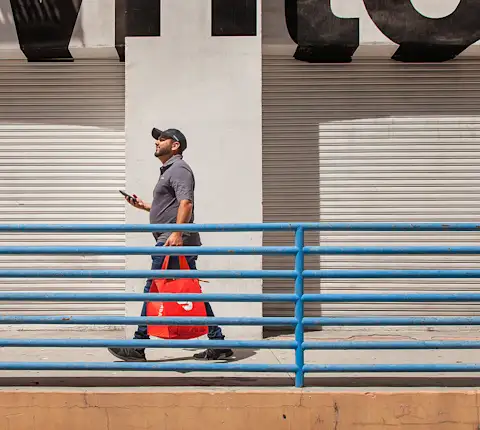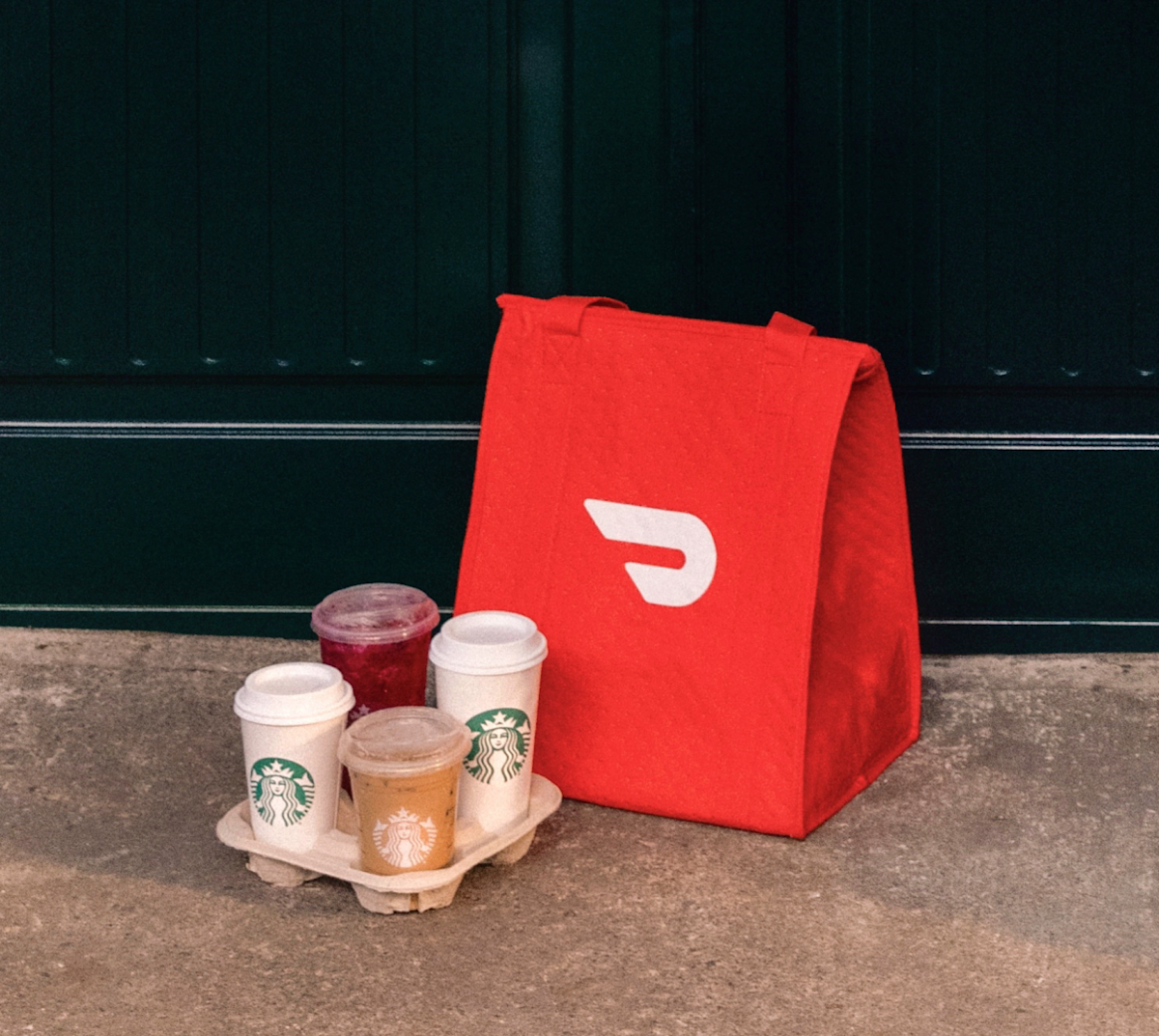DoorDash was founded nearly ten years ago with the mission to empower local economies. While the world has certainly changed over the past decade, our unwavering commitment to that mission has remained the same.
That’s why we’re excited to present our policy priorities, a set of specific public policies that we believe will advance opportunities for the communities we serve. These ideas will help us pursue policies that will strengthen the modern labor market, foster growth for local merchants, and reduce food insecurity.
Understanding the tremendous diversity of areas we serve, we look forward to partnering with local stakeholders, policymakers, and advocates to ensure policies are tailored and reflect local communities.
We’re proud of our work over the past decade. We’ve enabled businesses to evolve and thrive in a digital-first world, connected communities – especially those that are underserved – to crucial resources in their neighborhoods, and created economic opportunities that meet workers where they are and provide them with choices for earning on their terms. But there’s no question there’s more to be done to fulfill our mission.
The policies we advocate for over the coming months provide a pivotal opportunity for DoorDash to even better support workers, businesses, consumers, and under-resourced communities for the years to come.
You can read our entire set of policy priorities here, and below are a few key highlights:
The Future of Work in Local Communities
Every year, millions of Americans earn supplemental income on our platform by signing up to dash when, where, and for however long they want. Dashers tell us over and over again that the unprecedented flexibility that platforms like ours provide is why they do this type of work—in fact, this flexibility is why 90% of Dashers prefer to remain independent contractors. We recently shared our perspective in a white paper on the future of work that outlined our vision that all workers should have access to low-barrier to entry work; the choice to work how they want, whether as an employee or an independent contractor; and the security of benefits and protections. Together, traditional employment opportunities and a strengthened system of independent work can meet the needs of the modern workforce.
While we have long been a leader in raising app-based worker standards, we are focused on working with policymakers to enable independent contractors to access benefits and protections. For Dashers, these benefits should be proportional to the amount that they choose to work, portable between work on different platforms, and flexible to meet their unique needs, all without sacrificing the independence that defines this kind of work.
Read more about our vision for the future of work.
The Future of Local Commerce
We are committed to supporting policy priorities that help merchants flourish and emerge from the pandemic stronger than ever. This includes increasing outdoor dining for restaurants, expanding the ability of restaurants and other local businesses to sell alcohol to go, and other common-sense reforms that allow for additional economic opportunity for local businesses. Additionally, we’re focused on ending pandemic-era price controls, which we know can lead to higher prices for customers, lower overall merchant revenue, and fewer earning opportunities for Dashers.
These policies, together with programs like DoorDash Capital, Disaster Relief Funding, new Partnership Plans to provide merchants with more choice and transparency, and the Main Street Strong Accelerator will support restaurants as they continue to recover from the pandemic and move into the future.
Serving our Communities
The pandemic accelerated the country’s hunger emergency and demonstrated the permanent need for programs that help combat hunger, with more than 38 million people in the United States living in food insecure households in 2020. Too often, this crisis is not the result of a food shortage, but one created by barriers to access. While we continue to invest in Project DASH – one of our core social impact programs, and one that has already powered more than 1.8 million deliveries of more than an estimated 33 million meals – we know that lasting, systematic change requires innovative public policy. That’s why we’re focused on advocating for increased resources for food banks so that they can stand up innovative models–like local delivery–that break down barriers to access and expand services to meet the food and nutrition needs of communities. We also support enhancing access to critical nutrition programs – like SNAP and school meals.
In addition, we have actively supported efforts to establish the second national hunger summit, bringing together leaders from food banks, hospitals, government agencies, and more to identify solutions to this crisis and establish benchmarks to end hunger in America by 2030. The White House recently announced plans to hold a conference on these issues in September of this year, known as the White House Conference on Hunger, Nutrition and Health, and we are eager to support this meaningful discussion in any way we can.
Read more about how we’re advocating for public policy that broadens food access.
Next Steps
We welcome policymakers, like-minded organizations, and others to join us in these efforts to strengthen independent work, expand policies that help restaurants grow their revenue, and reduce food insecurity through greater access to resources. Over the coming months, we’ll share progress and more in-depth explanations of our positions as we continue to make progress on our mission to empower local economies. For more information on our work, visit DoorDashImpact.com.



